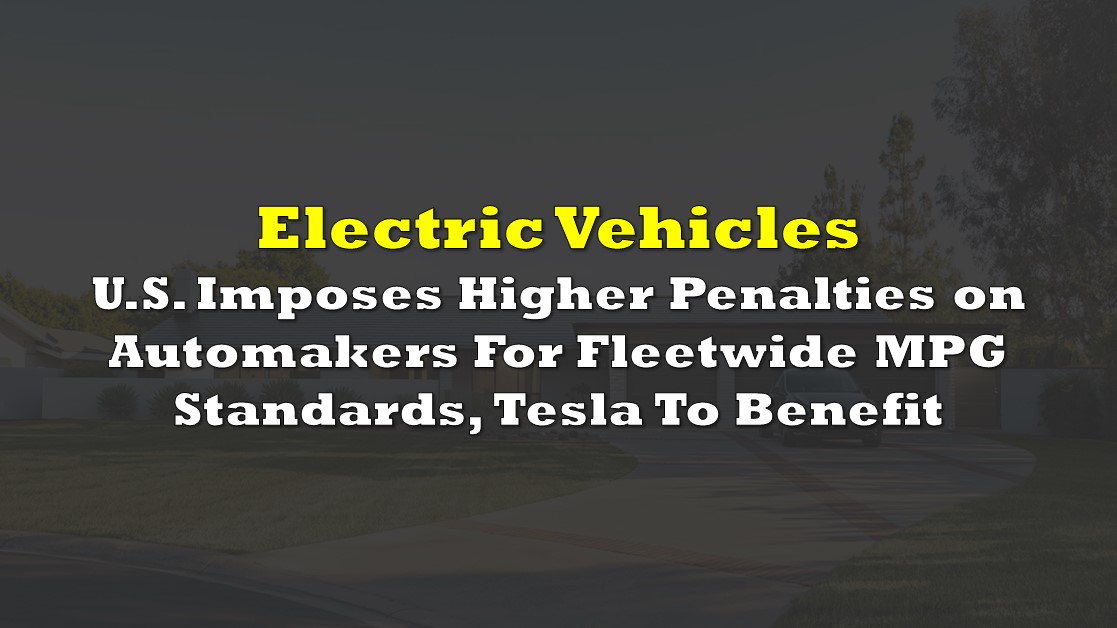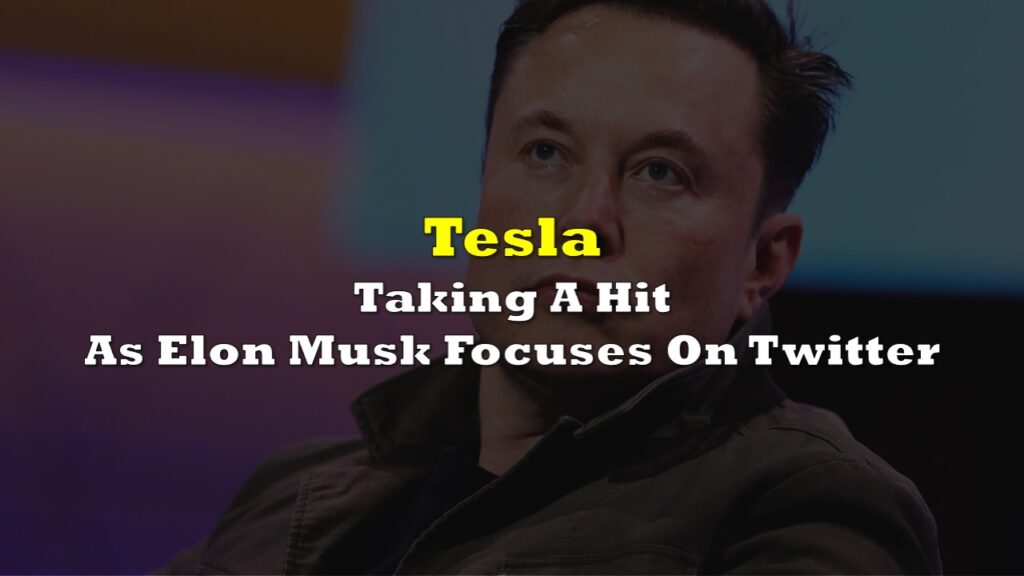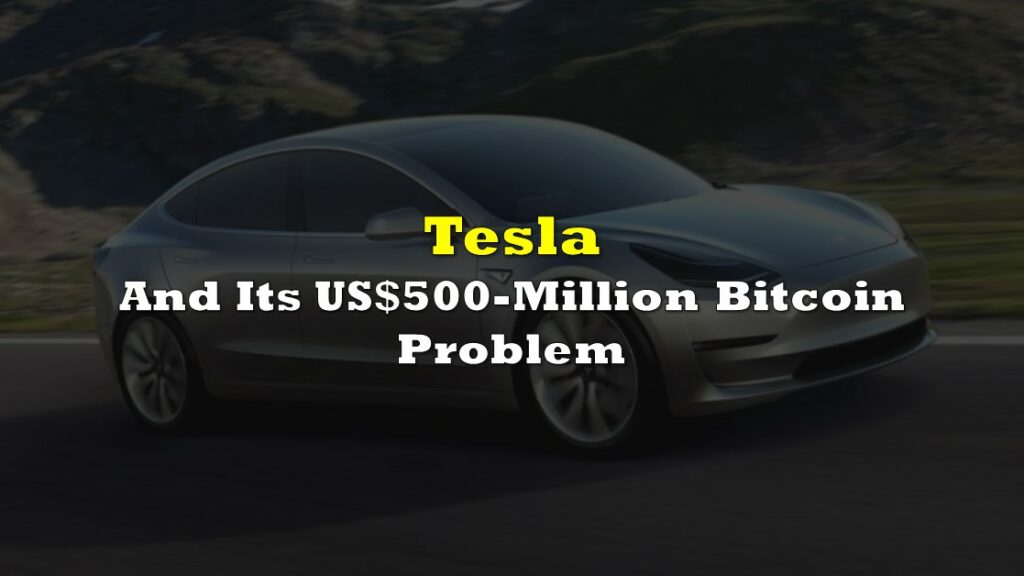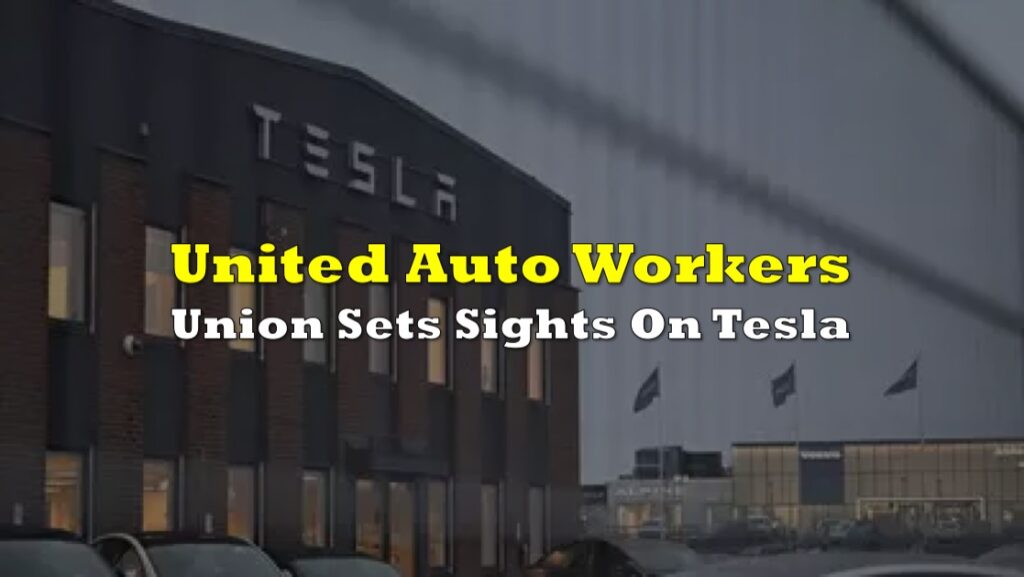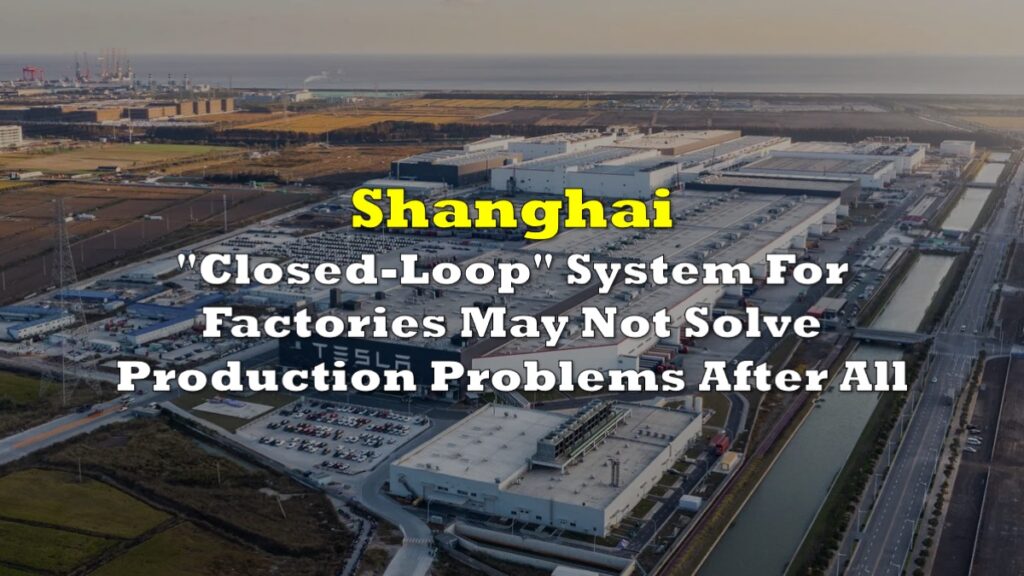U.S. President Biden continues to go “all-in” on building up the electric vehicle (EV) industry. On March 24, the National Highway Traffic Safety Administration (NHTSA) announced plans to significantly increase penalties assessed to car manufacturers which fail to meet federal fuel efficiency standards in the model years starting retroactively in 2019.
In the first mileage penalty increase implemented since 1997, the fine for noncompliance will increase from the prior standard of US$5.50 per one-tenth of a mile that each vehicle sold exceeds the federal limit to US$14.00 for the 2019-2021 model years and to US$15.00 for 2022 editions. (The 1997 boost to US$5.50 from US$5.00 was the first increase since 1975.)
The NHTSA has not collected penalties for the 2019-2021 model years while this issue was under review. In January 2021, in one of his last acts as president, President Trump delayed the imposition of regulations that would have increased the fines.
In addition to the penalties, the Biden Administration is pushing car makers toward electric vehicles through higher required fleetwide fuel economy standards. In January 2022, the EPA ordered the industry to reach a 40 mile-per-gallon (MPG) fuel efficiency level by 2026, up from a 24.9 industrywide MPG average realized in the 2020 model year. (The Trump Administration’s EPA had advocated only a 32 MPG industry standard by 2026.) Only three automakers — Tesla, Subaru and Honda Motors — met the EPA’s 2020 fuel economy benchmarks.
The NHTSA’s ruling is a victory for EV makers in general and for Tesla (NASDAQ: TSLA) in particular. The higher taxes will force manufacturers to accelerate EV introductions. In regard to Tesla, the U.S. government (and other governments across the world) have created incentives or credits that encourage automakers to create zero- or low-carbon-emitting vehicles. Credits are given to automakers like Tesla that sell environmentally-friendly vehicles.
Each car maker must possess a certain quantity of these credits each year, and if an individual company cannot meet its target, it can buy credits from an owner of excess credits like Tesla. Tesla sells these credits at a 100% profit margin, and given the NHTSA’s action, these credits just became more valuable. To put this giant business in perspective, Tesla recorded US$1.465 billion of regulatory credit revenue in 2021, equivalent to fully 22% of last year’s operating income.
Legacy automakers aside from Tesla should expect to shoulder substantially increased costs from the higher NHTSA penalties. Back in 2016, the Alliance for Automotive Innovation estimated that such an increase would boost industry annual costs by US$1 billion. Stellantis, the parent of Chrysler, Peugot and Masserati, estimated (again back in 2016) that just its annual costs could jump by US$500 million or more.
Information for this briefing was found via Edgar and the companies mentioned. The author has no affiliations related to this organization. Not a recommendation to buy or sell. Always do additional research and consult a professional before purchasing a security. The author holds no licenses.

